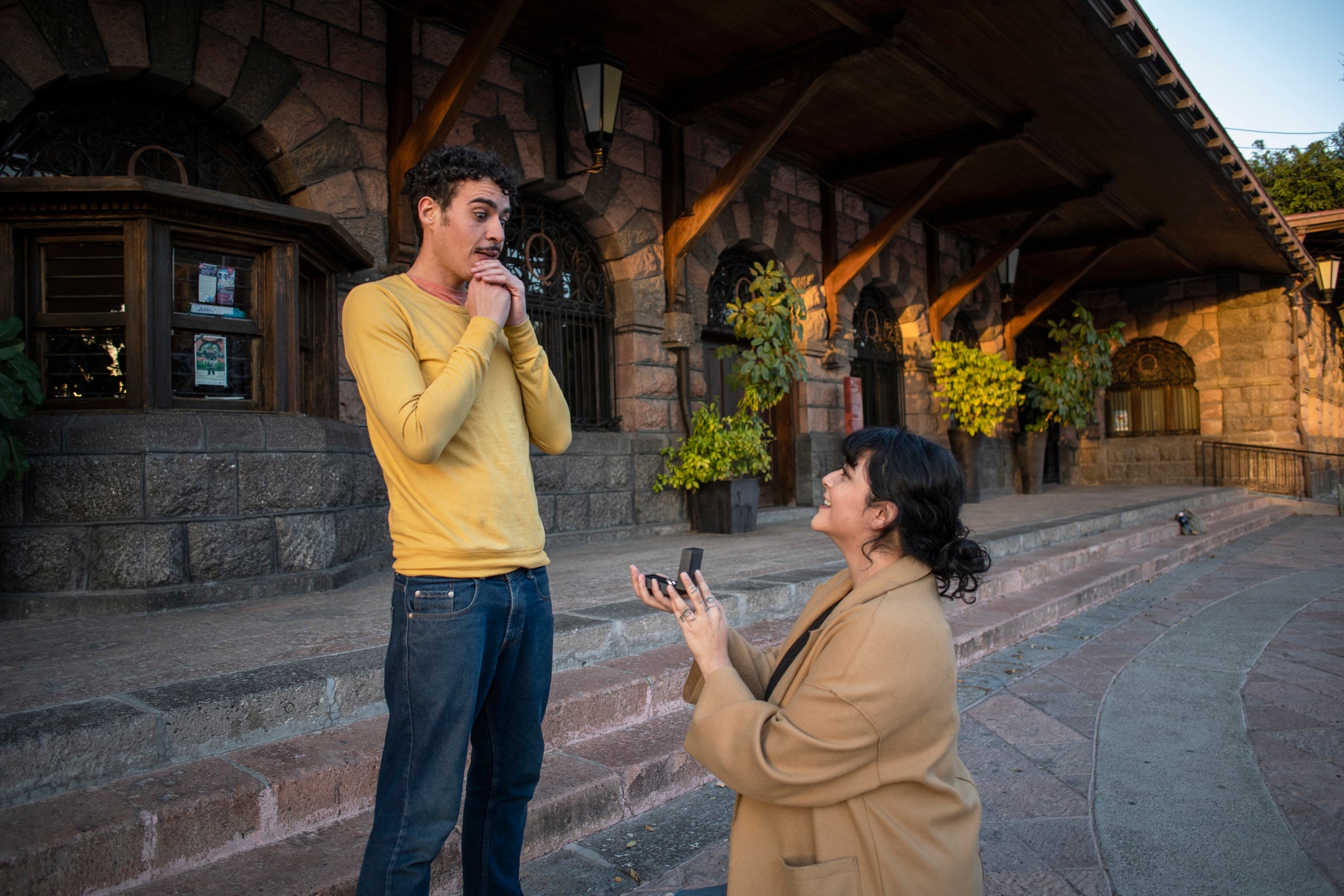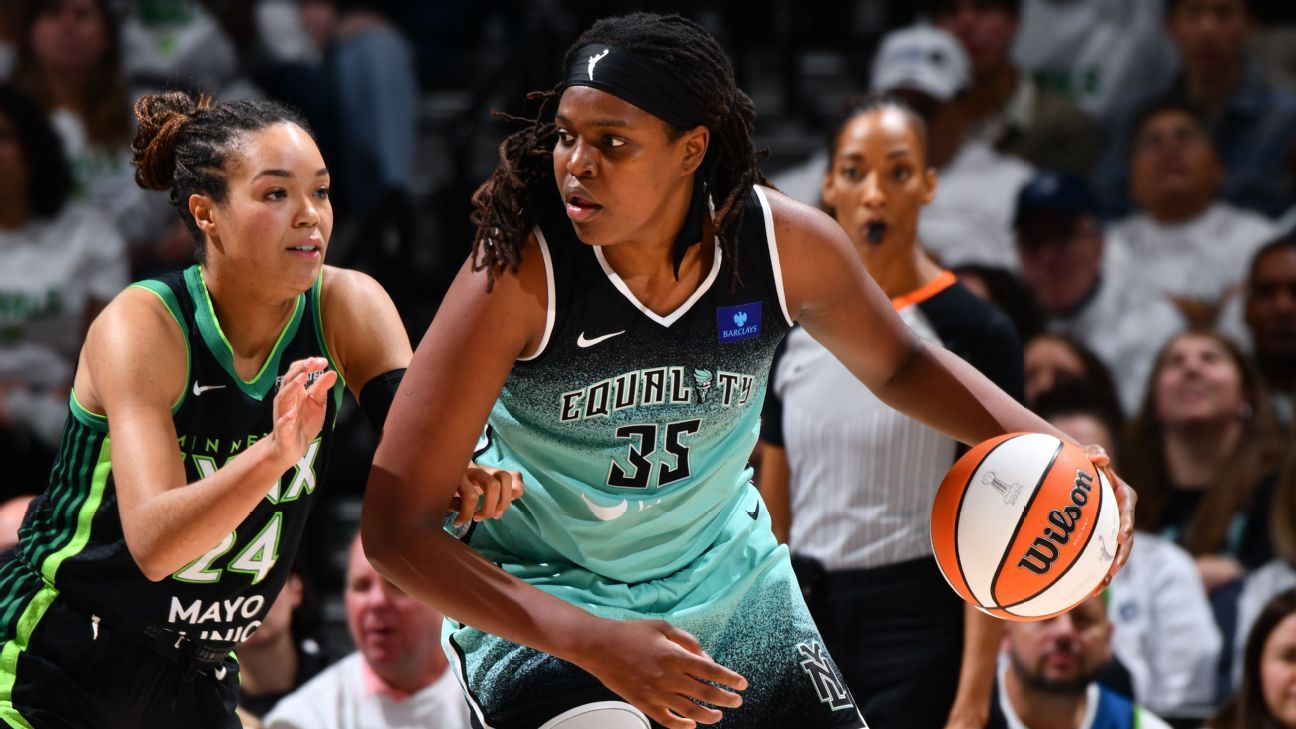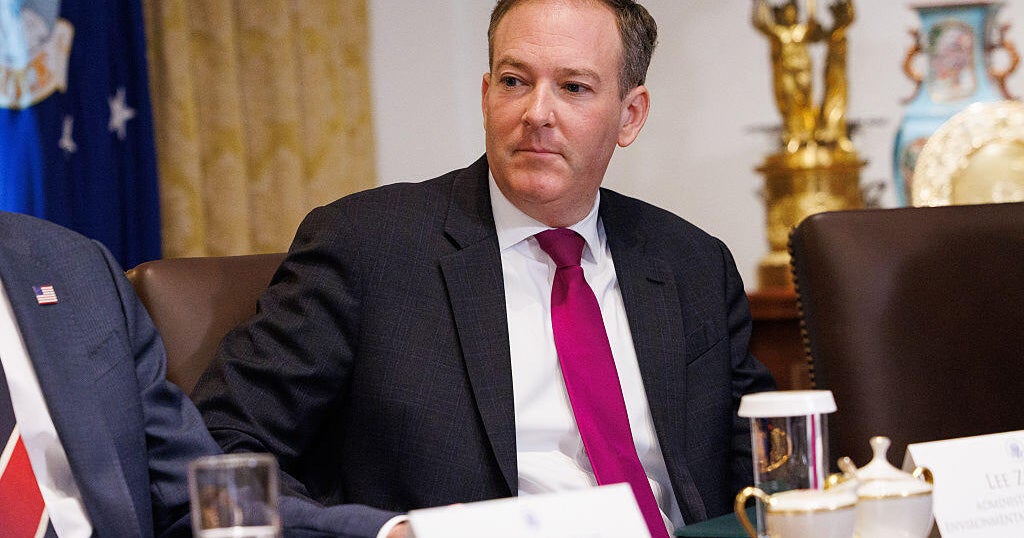How women became ‘too eligible’ to date

Some women have been single so long they don’t date any more.” So opens a TikTok video posted earlier this year, which several friends shared with me independently (along with laughing-crying emojis). The piece-to-camera video features a Frenchman describing, with hilarious accuracy, why many heterosexual women have become too self-sufficient to truly enjoy a relationship.
“They grant you access to their peaceful little empire like a reluctant queen handing you a visitor’s badge,” he goes on. “You text her ‘good morning’ and she’s already annoyed, like, ‘why are you disturbing the sacred silence of my personal growth journey?’”
And, the pièce de résistance: “You plan a cute date and she’s thinking, ‘That sounds nice, but also, I could stay home, deep clean my apartment, do a 12-step skincare routine, order sushi and not have to listen to a man breathe.’”
The monologue struck a chord, swiftly totting up 1.2 million likes. It has echoes of Miley Cyrus’s 2023 break-up anthem, “Flowers”, which prompted millions of women to belt out the message that, yes, they could buy their own damn flowers, take themselves dancing and, ultimately, love themselves better than some guy ever could.
Like much of the best comedy, the TikTok video was funny because it was, well… kind of true. Many of the single women I know have carefully curated every element of their lives alongside forging successful careers, creating routines that incorporate self-care, exercise, hobbies and cosy nights in, all while engaged in some strand of personal development (and somehow managing to drink two litres of water a day). They also have active social lives and vast networks of friends that they rigorously nurture and draw from for emotional support.
Although, for the most part, these women would love a committed relationship, the most common sentiment I hear is along the lines of: “My life’s already great. A man would just be the cherry on top – they’d have to really add something.” Which is, looking at their already full-to-bursting schedules, quite a tall order.
So, have women become “too eligible” to go out with? Or does there need to be a collective lowering of expectations when it comes to what a man can and should offer?
We’re currently at a unique moment in history when it comes to heterosexual dating and relationships. It’s been well-documented in many countries, including the UK, that adults are putting off the big life milestones, such as marrying and having children, later and later – if they’re doing these things at all. Data from the Office for National Statistics (ONS) showed that 33.7 per cent of men aged 20-34 lived with their parents in 2024, compared to less than a quarter (22.1 per cent) of women.
Simultaneously, for the first time ever, women are outstripping men when it comes to education. The reversal of the gender gap in higher education has been “a major social transformation”, according to one study; women now outnumber men in higher education in nearly all OECD countries.
Although women’s achievements are cause for celebration, they have also led to big potential issues in the realm of romance. Jon Birger, an American writer, started noticing the repercussions of this imbalance around 10 years ago.
“The question I wanted to answer was why I seemed to have so many hetero, single, female friends with everything going for them and yet so few single male friends I could set them up with,” he says. The question led him to write the 2015 bestseller Date-onomics: How Dating Became a Lopsided Numbers Game. Digging into US Census data, he found that 33 per cent more women than men were graduating from college.
I seemed to have so many female friends with everything going for them and so few male friends I could set them up with
Jon Birger
The numbers haven’t changed much in the following decade. Here in the UK, there’s also a pronounced education gap: 13 per cent more women than men go on to higher education and 4 per cent more men drop out in their first year.
Alongside this disparity, there has been a rise in assortative mating – people tending to want to only date others who have a similar education level to themselves, particularly when it comes to holding a degree.
It’s little wonder, then, that educated women have expressed dissatisfaction with their romantic options. A 2023 piece of research from the US’s Institute for Family Studies (IFS) found that 45 per cent of college-educated single women said their relationship status was due to an inability to find someone who met their expectations. Of six different reasons single women gave for why they were not dating or in a relationship, the inability to find partners who measured up was cited most often.
Women were also much more discerning than men when it came to dating – far more likely to say a partner’s political views, personal habits and current financial situation were important considerations.

However, it’s not just about women being “too picky”. Daniel A Cox, director and founder of the Survey Center on American Life, surveyed more than 5,000 people as part of the research. He reported that his interviews with male participants were “dispiriting”; he found that the men were “limited in their ability and willingness to be fully emotionally present and available”.
The dating issues caused by the gender education gap might have more to do with how this disparity affects men’s behaviour. “This imbalance had trickled down into the post-college dating market, and had given men the upper hand,” Birger says of his findings in Date-onomics. “Scholarly research on sex ratios showed that when men are in undersupply (or women in oversupply, depending upon your perspective), the dating culture becomes less monogamous and women are more likely to be treated as sex objects. And that was exactly what was happening.”
Date-onomics theorised that the imbalanced sex ratios among college graduates were largely to blame for the rise of hookup culture. Because the “man deficit” gets worse for women and better for men with age, “a single 40-year-old guy who has a good job, who’s decent looking, and who’s able to carry on a normal conversation will have a lot of romantic options,” adds Birger. “And those options are, unfortunately, incentivising him to behave badly.”
This was echoed in Yale professor and medical anthropologist Marcia Inhorn’s 2023 book, Motherhood on Ice: The Mating Gap and Why Women Freeze Their Eggs. Inhorn conducted in-depth interviews with 150 college-educated women, 114 of whom were opting to do elective egg freezing. She hypothesised beforehand – reflecting the widespread thinking at the time – that their motivations would be largely career-focused. Surely these women were undergoing this invasive and costly procedure to put off babies while they climbed the ladder at work? Her hypothesis turned out to be wrong.
I called it the lack of three ‘E’s: eligible, educated, equal male partners
Marcia Inhorn, medical anthropologist
“I started doing these long interviews with women, and by about the 10th interview, it was such a different story,” Inhorn says. Overwhelmingly, the women were freezing their eggs because they were single and unable to find a suitable partner. Of the 18 per cent who were coupled up, around half reported that they had no idea if the relationship would work out, or that cracks were starting to show. The half whose relationships were “stable” reported that they were resorting to egg freezing because their partners were “unready” for parenthood.
“I spent a lot of time listening to what I ended up calling women’s ‘gender laments’,” says Inhorn. The scarcity of suitable men was a common theme. “I called it the lack of three ‘E’s: eligible, educated, equal male partners,” she says. “They wanted to meet a guy who was like them, who appreciated them, who was going to be an equal partner in their plans to have children. And they were having trouble finding these kinds of equal male partners.”
It seems to create a chicken-and-egg situation. Research from Kristina Durante, a professor of psychology and marketing at Rutgers University, found that when men are scarce, women are then more likely to focus on career and earnings because they know they may wind up having to go it alone as a parent.
Back to Inhorn’s study, and while there was an issue with women not wanting to “settle”, there was concurrently an issue with men not wanting to “settle down”. Many of the women Inhorn interviewed had previously been with partners for long periods, but the men were incredibly reluctant to get serious. “Men don’t feel this compulsion that they have to marry and have kids and to do it early in their lives,” she explains. “And so these women were hanging on and hoping that it was going to convert into a marriage and a family, and it didn’t.”

One solution is for societies to become more open-minded about disassortative mating (pairing up with people unlike ourselves). For centuries, the social norm has been what’s called “hypergamy”– the term for women marrying “up”, ie, partnering with men of higher education, career, wealth and/or age. But with men more frequently falling out of higher education and labour markets, that structure no longer works, creating a dynamic where the pool of “suitable” men is far too small to cater for the number of accomplished women.
Already, the numbers show that this trend is shifting. Now, for the first time in history, “hypogamy” is on the rise, and women are more likely to marry a less-educated man than men are to marry a less-educated woman than themselves.
Inhorn herself was hypogamous; when she met her now-husband, he was a college dropout while she had a PhD and was pursuing a career in academia. “I took a chance on somebody who didn’t have the educational background, but I felt like he’s a kind person and he’s smart and I like him.”
Still, there remains “a lot of classism in dating right now,” argues Birger, which is only exacerbated further by dating apps. The disposable swipe culture encourages users to be prejudiced about more superficial elements, such as someone’s education level, job, or looks, regardless of their character.
“The whole experience is too much like online shopping,” he says. “People have a certain set of criteria they’re looking for, and college-educated people tend to look for people like themselves, which often results in screening out people who didn’t attend college but might be a good match.”
Disposable swipe culture encourages users to be prejudiced about more superficial elements
One study found that, while online dating led to more dates than meeting someone IRL, it led to fewer marriages. Meanwhile, breakup rates for both married and non-married couples were higher for those who met online rather than offline.
“Match Group and Bumble do not make money off happily-ever-afters,” as Birger puts it. “They are media companies that make money from subscriptions and advertising.” His top suggestion is to get off the apps and ask someone out whom you already know and like in real life.
The other big change to balance the dating scales would be for men and women to regain an education equilibrium, and this means improving academic success rates for boys. Neuroscience has suggested that girls’ brains mature at a faster rate than boys’, which helps to explain why they tend to do better in school. One long-term but radical solution, first proposed by Dr Leonard Sax, author of Boys Adrift, is to delay boys from starting school for a year; studies have shown that boys who are held back or start school later are more likely to attend college.
In the meantime, if you’re a woman who’s fed up with the scarcity of “eligible” men, it might be worth taking a raincheck on the 12-step skincare routine and sushi ordering, shaking off some of your biases and intentionally dating outside your usual parameters.
“I do not believe a university degree makes someone a better husband or wife or life partner,” says Birger. “There are plenty of great blue-collar guys out there – and they may be a hell of a lot more loyal than those doctors and lawyers whose behaviour has been warped by the man deficit.”
[title_words_as_hashtags




